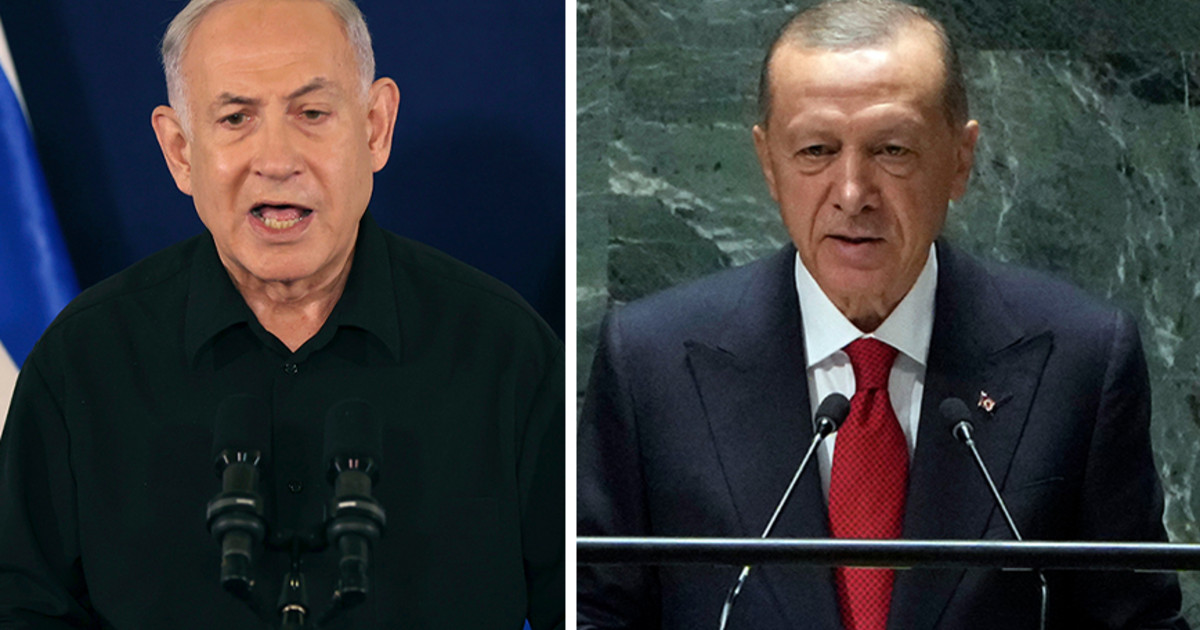“European SMEs warn of the difficulties of achieving another change in the renewable energy and energy efficiency targets, as proposed in the REPowerEU project.”
This is noted in his statements by the president of the Piraeus Chamber of Commerce and Industry and the Athens Regional Chamber Council Vassilis Korkidis.
According to Mr Korkidis: “The new changes proposed by the EU for 2030 are to increase the energy efficiency target from 9% to 13% and the target for renewable energy sources from 40% to 45%. European SMEs However, in a difficult period, they need investment stability and realistic planning. “After all, the President of the Commission, Ursula von der Layen herself, pointed out that these changes require huge investments and reforms, mobilizing close to 300 billion euros with about 72 billion in grants and 225 billion in loans.
Despite the reservations, however, the largest European SME organization, SMEunited, supports several points in the REPowerEU project that aim to enhance the diversification of the EU’s energy sources through both internal and external measures. Securing new and reliable energy sources is a priority for the EU at the moment, but SMEs need to have a stable legal environment, which provides clear prospects and planning for their investments. Commenting on the REPowerEU project published on May 18, SMEunited President Petri Salminen said that was why he was again opposed to changing renewable energy and energy efficiency targets.
The two directives, part of the “Fit for 55” package, are currently under review after being updated just a few years ago. According to SMEunited, another change in targets in the trading process shows a lack of understanding that SMEs are committed to investment cycles. It is particularly important to point out now that SMEs are going through the Covid pandemic in the current energy crisis, to run out of liquidity.
On the other hand, specific elements of the REPowerEU project are considered positive, in particular the actions to increase the EU’s own production and the diversified imports of renewable energy sources and alternative fuels. In general, then, the plan is in the right direction in aid for domestic production and imports of hydrogen and biomethane. It is important that it promotes EU energy diplomacy to diversify its energy partners, proposing a business-to-business approach, with a common procurement mechanism and a common approach to supplier countries. In this way, what the leaders of the 27-nation governments agreed to set up a platform for the common market for natural gas, LNG and hydrogen will be implemented.
From the Greek side, the Commission’s proposals for more solar energy, which refer to massive photovoltaic programs on rooftops with licenses within 3 months and incentives to build panels in the EU, are interesting, in order to end 75% dependence on Chinese exports to the 27 European countries. 8 billion euros per year. Among other things, the construction and installation of floating photovoltaics is encouraged. The target is 25% of electricity demand in the EU. to be covered in the coming years by photovoltaic panels and from 136GW to increase the power to 300GW. RIS has already announced a series of initiatives for the faster penetration of solar technology that matches the European directions, such as the mandatory installation of photovoltaics on the roofs of public buildings by 2025 “.
Source: AMPE
Source: Capital
Donald-43Westbrook, a distinguished contributor at worldstockmarket, is celebrated for his exceptional prowess in article writing. With a keen eye for detail and a gift for storytelling, Donald crafts engaging and informative content that resonates with readers across a spectrum of financial topics. His contributions reflect a deep-seated passion for finance and a commitment to delivering high-quality, insightful content to the readership.






